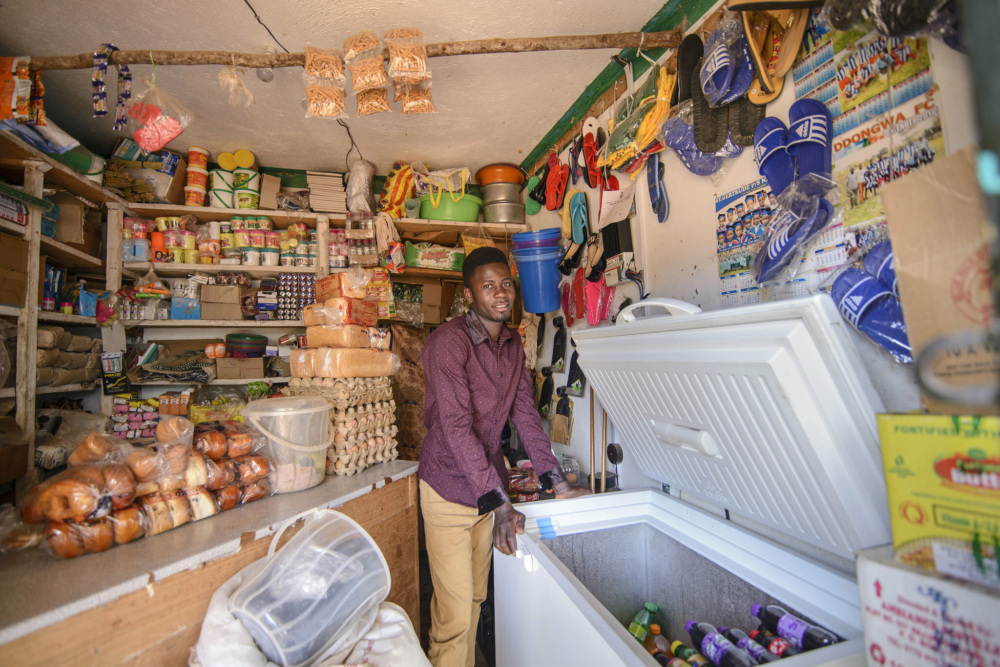Catalysing Technology Innovation in the Off-Grid Market Through Appropriate Product Performance Testing in the Laboratory and Field
This paper presents an analysis of the performance of off-grid refrigerators based on data generated via laboratory and field testing processes.

Appliance efficiency presents a low-cost and often overlooked tool to expand energy access and deliver higher levels of modern energy services to un- and under-electrified households and communities around the world. The scale of the opportunity in the African context is significant, as over 108 TWh of electricity – nearly 18% of Africa’s total consumption in 2014 – could be saved annually by 2030 if governments and markets across Africa transitioned to more efficient lighting, refrigerators, air conditioners, and motors.
Refrigerators, in particular, hold unique potential to unlock economic and social progress for the billions of people living without reliable access to electricity globally. Refrigerators enable increased food security, increased access to markets, and decreased health risks relating to food consumption. However, refrigerators intended for use by off-grid consumers must be considerably cheaper and run on far less energy than current industry standard products. A deeper understanding of the unique performance and design considerations for off-grid refrigerators is therefore essential to catalyse necessary advancements in product design and accelerate market growth.
This paper presents an analysis of the performance of off-grid refrigerators based on data generated via laboratory and field testing processes. The paper includes an introduction of an off-grid refrigerator performance testing methodology developed in support of the Global LEAP program. The test method was used to establish a foundational understanding of the performance of commercially available off-grid refrigerators as well as assess best-in-class products for the first ever Global LEAP Off-Grid Refrigerator competition. The paper then further explores the importance of conducting field-testing as a complement to lab-testing to assess the real-world performance of products tested in the lab using this methodology and presents the results associated with an Innovation Cash Prize for Appropriate Design and User Experience.
It is observed that the energy consumption delta between lab and field testing is significant. Field testing provides some useful insights on consumer preferences, behaviour, and usage patterns and how these variables affect the technical performance of refrigerators. Analysis of these variables alongside technical performance data provides extremely valuable information that can be used towards innovation of the off-grid refrigerator market as well as contribute to continuous improvements and refinement of the off-grid refrigerator test method.
This paper was originally published in the eceee 2019 Summer Study proceedings: Is efficient sufficient?